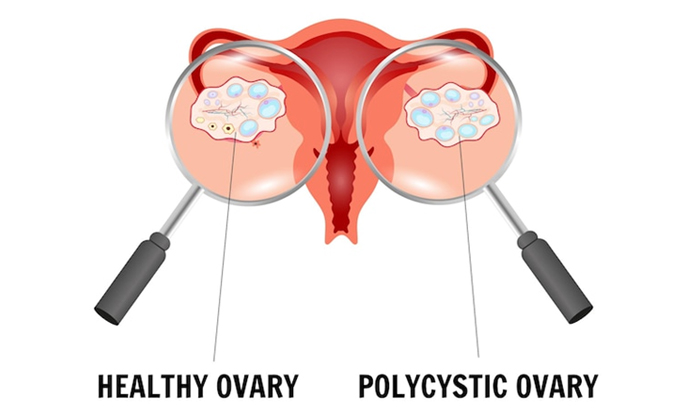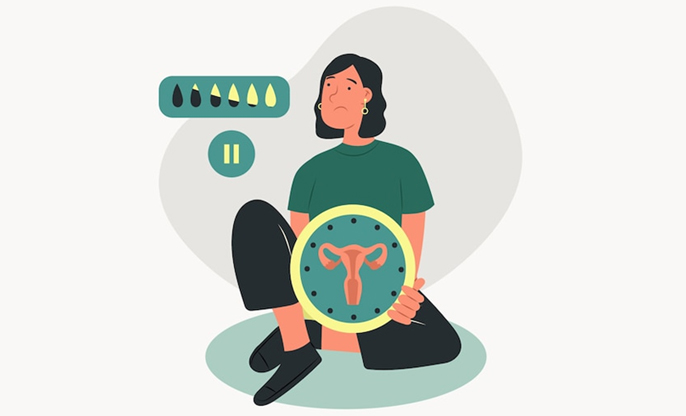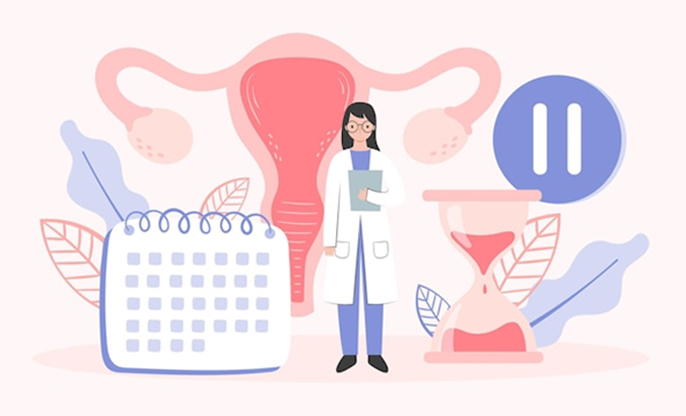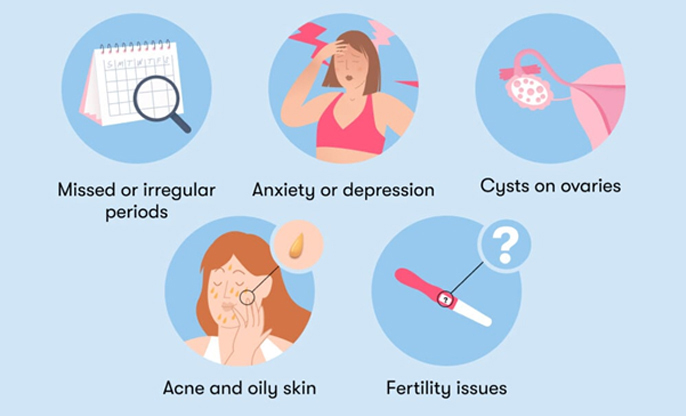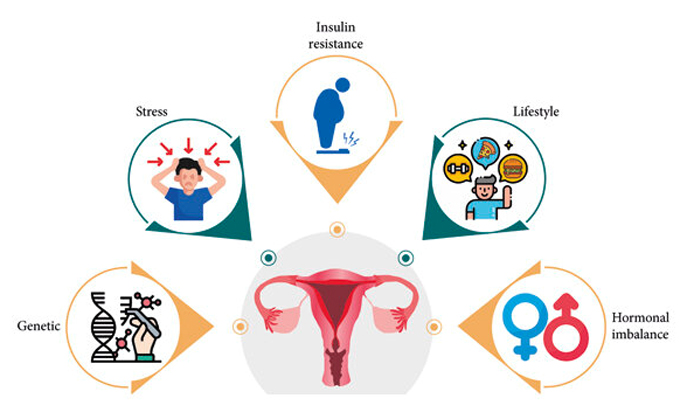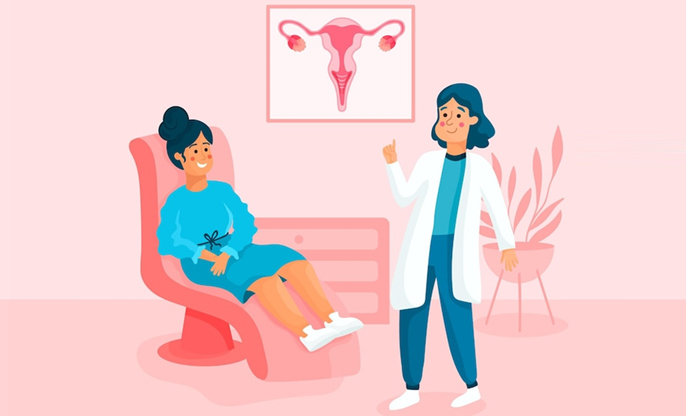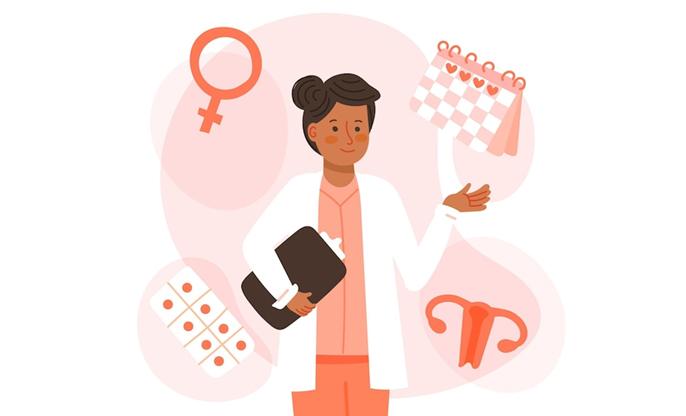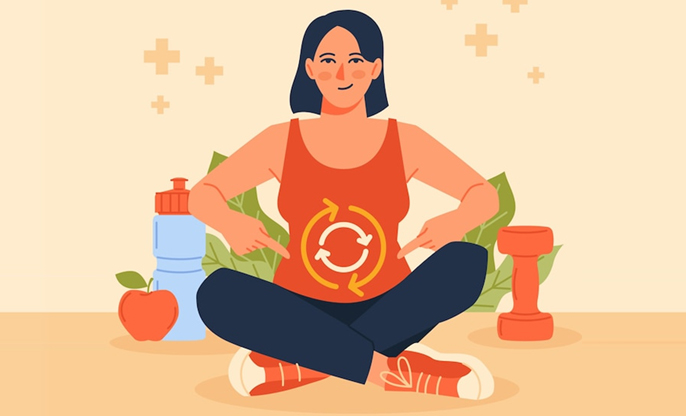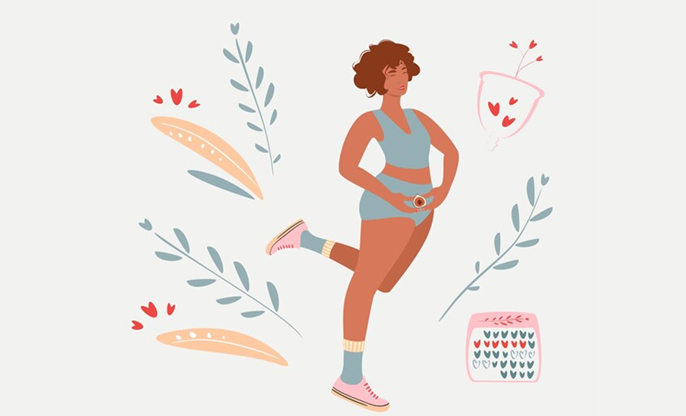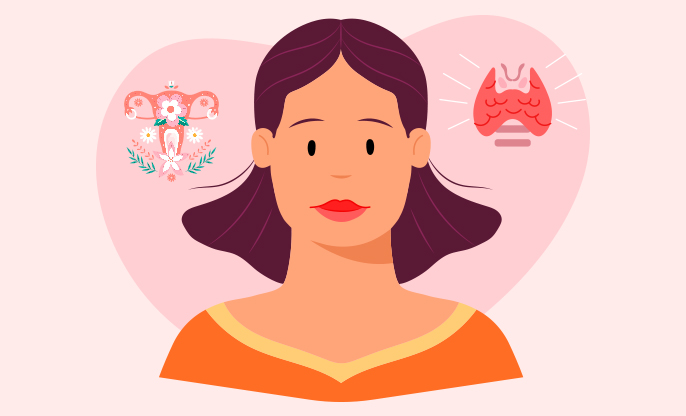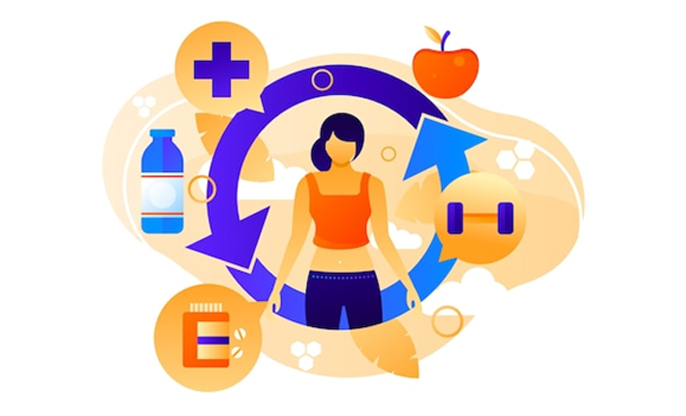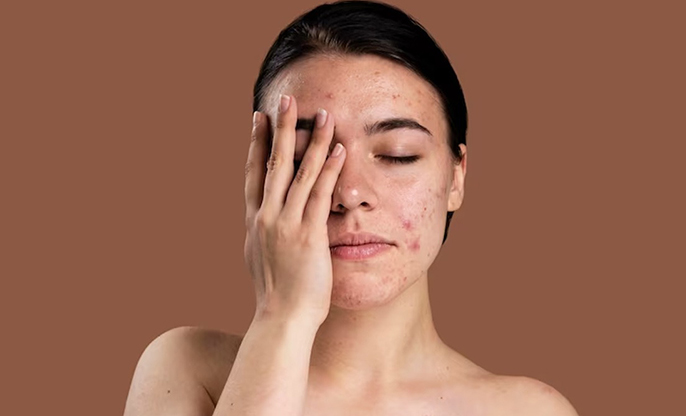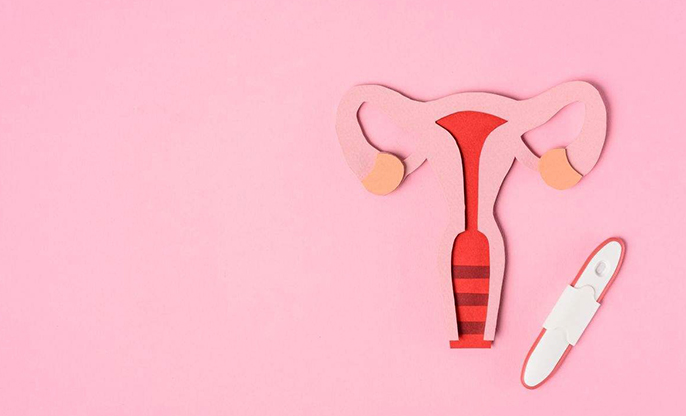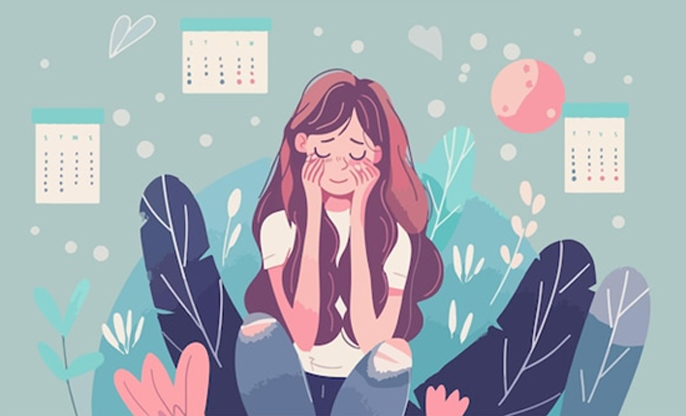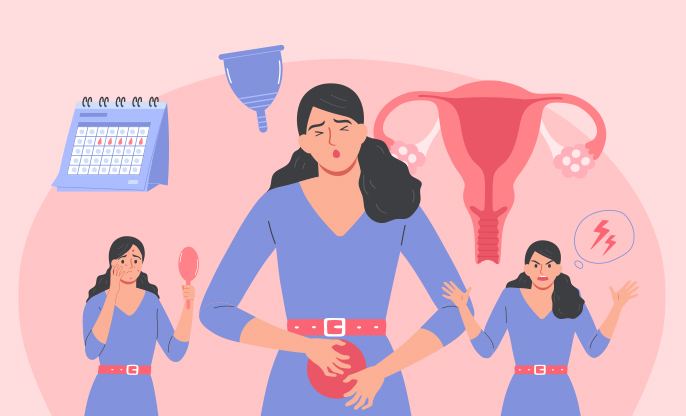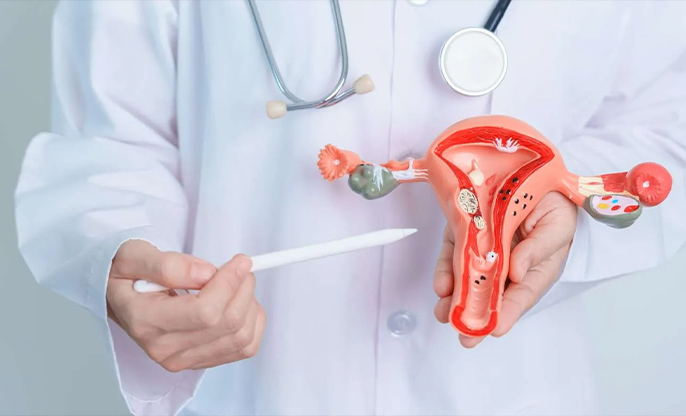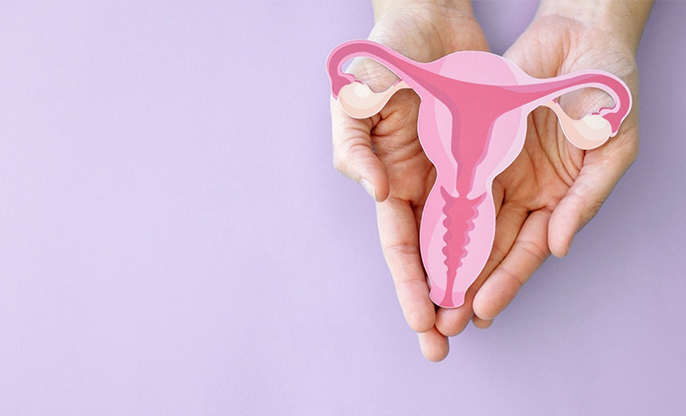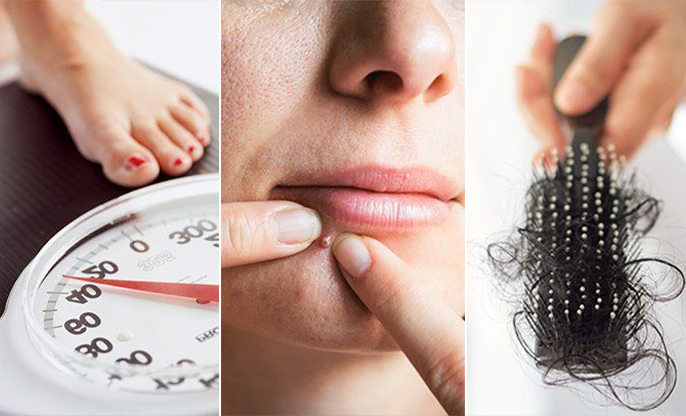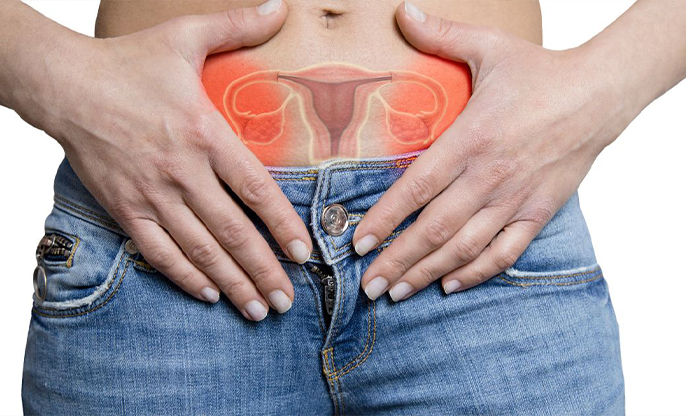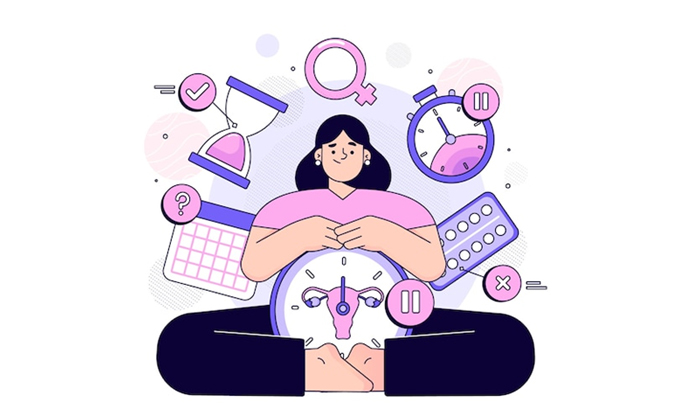
Living with Polycystic Ovary Syndrome (PCOS) isn't just about handling physical symptoms - it deeply affects our emotional landscape as well. It’s so much more than a hormonal disorder; the emotional toll it takes can be just as challenging as the physical one. Recognizing this dual impact is vital for us as we navigate our path to wellbeing.
The Emotional
Side of PCOS
The struggle with PCOS often brings emotional and
psychological challenges that intertwine with its physical aspects:
- Body Image Concerns:
Weight gain, acne, and unwanted hair growth are common with PCOS and can
really affect how we see and feel about ourselves. This can lead to a
plummet in self-esteem and sometimes, serious body image issues, sparking
feelings of sadness or anxiety.
- Mood Swings: Our hormone levels are all over
the place, which doesn't just disrupt our body - it can make our emotions
feel like they're on a roller coaster. This can leave us feeling
emotionally unstable, impacting everything from our relationships to our
self-confidence.
- Anxiety and Depression: It’s not uncommon for us to
feel anxious or depressed. The relentless cycle of symptom management,
coupled with worries about fertility and long-term health, adds a heavy
emotional burden.
- Stress: Trying to manage PCOS with diet,
exercise, and endless doctor visits can be overwhelmingly stressful. And
stress, in turn, can make our PCOS symptoms even worse - it’s a
frustrating loop.
- Fertility Worries: For many of us, concerns about fertility loom large. PCOS is a leading cause of fertility issues, and the thought of possibly not being able to conceive can be heart-wrenching.
How Can We Cope?
Finding ways to manage these mental and emotional
challenges is crucial. Here’s what we can do:
- Seek Therapy:
Talking to a professional about our struggles can make a huge difference.
Therapies like CBT are great for dealing with negative thoughts and can
help us build coping strategies.
- Find Our Community: Joining a PCOS support group lets
us connect with others who truly get what we’re going through. This
support can be a lifeline, offering both practical advice and emotional
solace.
- Stay Active: Regular exercise isn’t just good
for our bodies; it’s essential for our minds too. It helps reduce
depression and anxiety and boosts our overall mood.
- Practice Mindfulness: Techniques like meditation
and yoga aren’t just trends - they’re proven stress busters that can help
us manage our day-to-day anxieties and enhance our mental focus.
- Educate Ourselves: Understanding PCOS helps demystify the condition and reduces anxiety caused by uncertainty. Knowing we can take steps to manage our symptoms can empower us and lighten our emotional load.
In Summary
PCOS affects not just our bodies but our minds. Tackling both with a holistic approach can lead us to a healthier, more balanced life. Let’s not underestimate the power of emotional support and mental health management in our journey with PCOS. We’re not alone in this, and with the right tools and community, we can face this challenge head-on.
